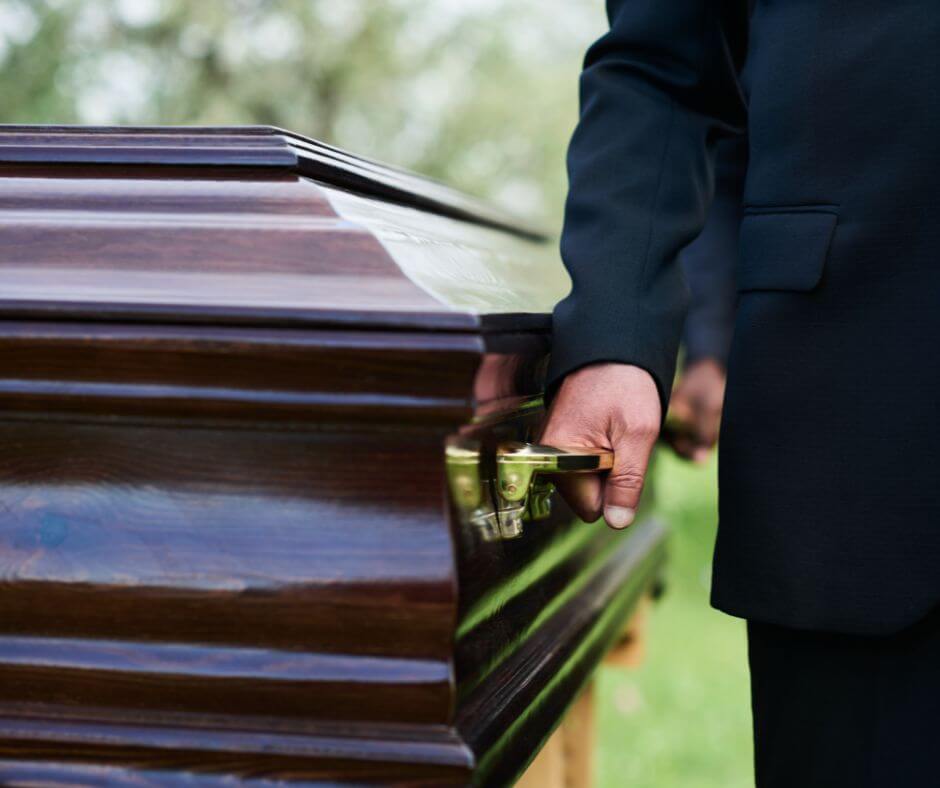
When a loved one takes their own life, the grief and confusion that follow can be overwhelming.
In certain circumstances, if the suicide may be a result of someone else’s negligence, particularly within institutional settings like hospitals or mental health facilities, it may be considered a wrongful death suicide.
At MG Law, our Atlanta, Georgia wrongful death attorneys understand the profound sensitivity of these cases and are here to explore whether you may have a claim.
If you have lost a loved one to suicide and believe negligence was involved, please reach out to MG Law at (770) 988-5252.
Understanding Wrongful Death Suicide
In Georgia, wrongful death cause of action arises when the negligent, reckless, or intentional actions of another cause someone’s death. In the context of suicide, these cases often involve scenarios where the deceased was under the care of a facility that failed in its duty to provide necessary protection or intervention.
Legal Duty and Breach
Mental health professionals and institutions have a well-established duty of care to assess, treat, and monitor patients at risk of suicide. A breach of this duty might occur if a patient under suicide watch is left unsupervised or if there is a failure to implement essential safety protocols that could prevent self-harm.
Causation and Foreseeability
For a suicide to be considered wrongful death, it must be demonstrable that the institution’s negligence directly contributed to the individual’s decision to end their life. This requirement involves showing that the suicide was a foreseeable outcome of the breach of duty.
Specifics of Institutional Negligence
Institutions like psychiatric hospitals bear a heightened responsibility when it comes to the care of individuals who are known to be at risk of suicide.
Key considerations include:
- Adequate supervision: Continuous monitoring of at-risk patients is crucial,
- Risk assessment: Regular and thorough risk assessments must be conducted to tailor care appropriately and respond to changes in the patient’s condition, and
- Crisis intervention: Rapid response protocols must be in place to deal with suicidal ideations or attempts effectively.
If you believe a facility or institution shares responsibility for a loved one’s suicide, speak with a Georgia wrongful death suicide lawyer at MG Law right away.
When Is a Suicide Considered Wrongful Death?
A suicide may be considered a wrongful death in Georgia under several circumstances:
- Inadequate care in institutional settings. If a mental health facility fails to provide the necessary standard of care to a person who is suicidal, they may be held liable.
- Failure in duty to warn or protect. Medical providers must take protective actions if a patient poses a clear risk to themselves.
Neglecting the duty to warn or protect or providing inadequate care can lead to legal claims if the patient harms themselves.
The Role of Expert Testimony in Suicide Malpractice Cases
Expert testimony plays a pivotal role in wrongful death claims involving suicide, especially when the case hinges on the medical standard of care and the foreseeability of suicide.
Mental health experts, such as psychiatrists and psychologists, are often called upon to provide insights into:
- The deceased’s mental health condition,
- The adequacy of the treatment provided, and
- Whether the care providers’ actions (or inactions) were within the accepted standards of psychiatric care.
Incorporating expert testimony can significantly strengthen a wrongful death suit by providing the necessary medical and psychiatric perspectives essential for substantiating malpractice claims.
Challenges in Proving Wrongful Death by Suicide
Proving suicide malpractice cases is notably challenging, primarily due to the complexities surrounding the intent and mental state of the deceased, as well as establishing the defendant’s legal obligations.
One of the most significant challenges is demonstrating causation. Legal practitioners must show that the suicide was not just a possible outcome but a likely one due to the defendant’s actions or negligence.
Understanding and proving the mental state of the deceased at the time of suicide is complex. It involves dissecting whether the deceased’s condition could have been reasonably anticipated and prevented by the mental health professional.
Proving that the suicide was foreseeable to a mental health professional and that the professional had a duty to take steps to prevent it adds another layer of complexity. The legal criteria for foreseeability in these cases are stringent, requiring clear evidence that the provider knew or should have known of the imminent risk of suicide.
Mental health cases often involve sensitive information protected by confidentiality laws. Gaining access to these details for legal scrutiny without violating privacy laws presents a procedural hurdle.
Contact Our Experienced Georgia Wrongful Death Lawyers
Navigating a wrongful death suicide lawsuit requires a sophisticated understanding of both mental health care standards and wrongful death law. MG Law has the experience and compassion needed to handle these delicate matters.
If you have lost a loved one to suicide and suspect that negligence played a role, please contact us online or call (770) 988-5252 today for a free consultation.
Our skilled Georgia suicide malpractice lawyers have decades of combined experience and are here to help you.
Remember, you are not alone during this difficult time, and legal recourse may be an option to help you find closure and accountability.

